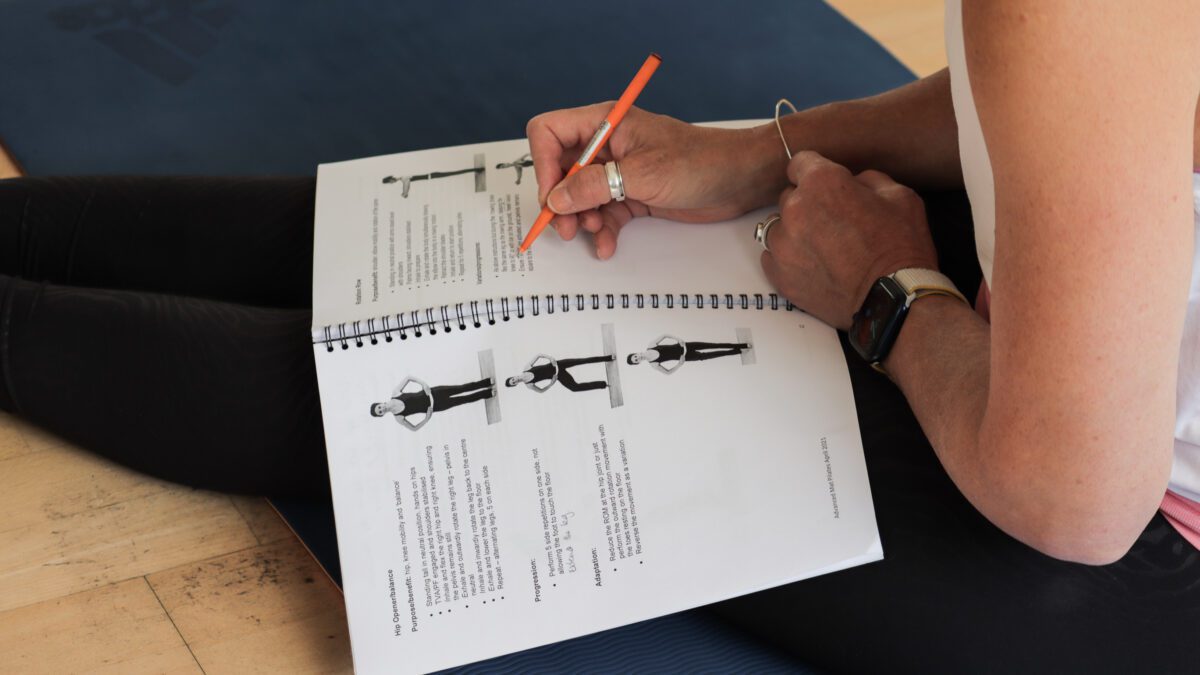

Extract adapted from:
‘Fitness and Wellness’ by Carol K. Armbruster, Ellen M. Evans; Catherine M. Laughlin
‘Outdoor Education’ by Ken Gilbertson, Alan Ewert, Pirkko Siklander and Timothy Bates
Use your exclusive Future Fit discount to receive 20% off Human Kinetics books. Want to receive this discount? Discover our training courses today.
Whether people are discovering something new about nature, developing a skill, or simply learning how to be comfortable in the outdoors, they often experience a wide range of emotions. People experiencing the outdoors may feel everything from a sense of awe to a surge of exhilaration to a desire to protect a special place. Whether they have years of training or are experiencing the outdoors for the first time, many individuals come back from the outdoor environment rejuvenated in ways difficult to duplicate in other environments or situations (1, 2).
There are various settings in which exercise can be done, depending on the sport or activity. However, outdoor rejuvenation goes beyond spending time out in the fresh air. From improving your mental health to improving your physical fitness, exercising outdoors has many benefits by nature, whether you run, jog, or simply walk for just 20 minutes. Let’s explore these benefits and see how outdoor exercises can improve your health and well-being. In addition to exercising outside, using the outdoor environment as a learning environment not only facilitates diverse learning opportunities but also implies the use of specialised skills and knowledge. Here are some of the health benefits of exercising outdoors.
Cardiorespiratory fitness is the ability to perform large muscle movements for a long period of time. This concept is also referred to as cardiorespiratory endurance. The greater your cardiorespiratory fitness level, the longer you can perform an activity at a given intensity (3).
Cardiorespiratory endurance is a key component of health-related fitness. To acquire a certain level of it, you must challenge your cardiovascular and respiratory systems. A trained cardiorespiratory system helps you enjoy recreational pursuits and complete your daily activities with greater ease. The heart is a muscle after all. The heart and lungs need to be challenged regularly in order to effectively deliver oxygen to your working muscles.
We admire people of all ages who have lots of energy and a high engagement in their lives. By investing in your health, you will have more energy to do the things you have to do, plus energy to do all the things you want to do. Healthy cardiorespiratory fitness ultimately helps you live your best life.
Cardiorespiratory fitness is positively associated with cognition, enhanced brain structure and function, especially in children and adolescents (4). In other words, cardiorespiratory fitness helps your brain work better. It has been linked to better academic performance (5). The college years by definition are challenging. You have to think hard and study for long hours! For optimal personal performance, regular physical activity, especially at an intensity that improves cardiorespiratory fitness, can greatly enhance your academic life.
The many benefits of regular cardiorespiratory exercise include stress management, better sleep, and prevention of depression. Regular physical movement, especially training that results in improvements in cardiorespiratory fitness, can improve many aspects of daily life.
For example, you will sleep better. Good restorative sleep is crucial for many physiological processes. Being tired is a primary complaint from everyone of all ages. For this reason, better quality of sleep will help you feel better. You will be less affected by daily stressors and have less anxiety. When depression is so prevalent nowadays, good movement habits can provide vitality and energy to your day, so that you can accomplish all the things you need to do on a daily basis.
Maintaining your cardiorespiratory fitness will not only give you more energy for daily tasks in life. It will lower the chances of chronic diseases later in life. A high level of aerobic fitness adds life to your years both in the short and long term.
Three major diseases affect most people, either personally or through the caretaking of someone they love. These diseases are cardiovascular diseases, type 2 diabetes, and cancer. Although genetics play a role, the common risk factor for all three diseases are lifestyle choices. The human body is designed to move. Nonmovement is not a normal state and results in unhealthy use of metabolic fuels. Although it may appear that mainly older people get these diseases, many of the disease processes for the Big Metabolic Three begin in young adulthood.
Regular exercise and physical activity outdoors usually have positive effects on the immune system. The exception to this rule is in conditions of overtraining or in response to an intense challenge such as a marathon. An enhanced immune function is important for both longer-term immune challenges such as cancer and short-term daily challenges such as bacterial infections and cold and flu viruses. If you are physically fit, you get fewer colds and upper respiratory infections compared to people who have a sedentary lifestyle (6).
Do you equate exercise and physical activity with weight management? Many people do. In fact, a common goal for exercising outdoors is to become and stay lean.
Regular movement, especially moderate-to-high-intensity exercise, is very important for managing body composition, which is the proportion of fat, muscle, and bone in your body. Energy expenditure through movement allows you to splurge on a few calories with your favourite foods and drinks and still remain in energy balance.
Use your exclusive Future Fit discount to receive 20% off Human Kinetics books. Want to receive this discount? Discover our training courses today.
References